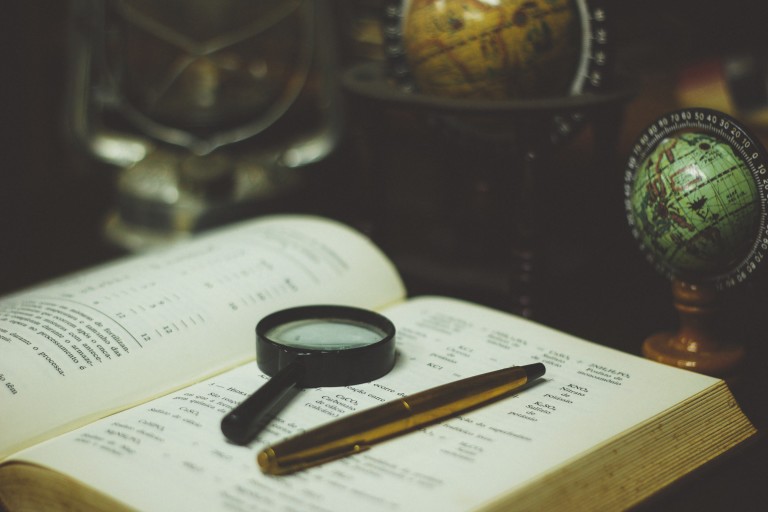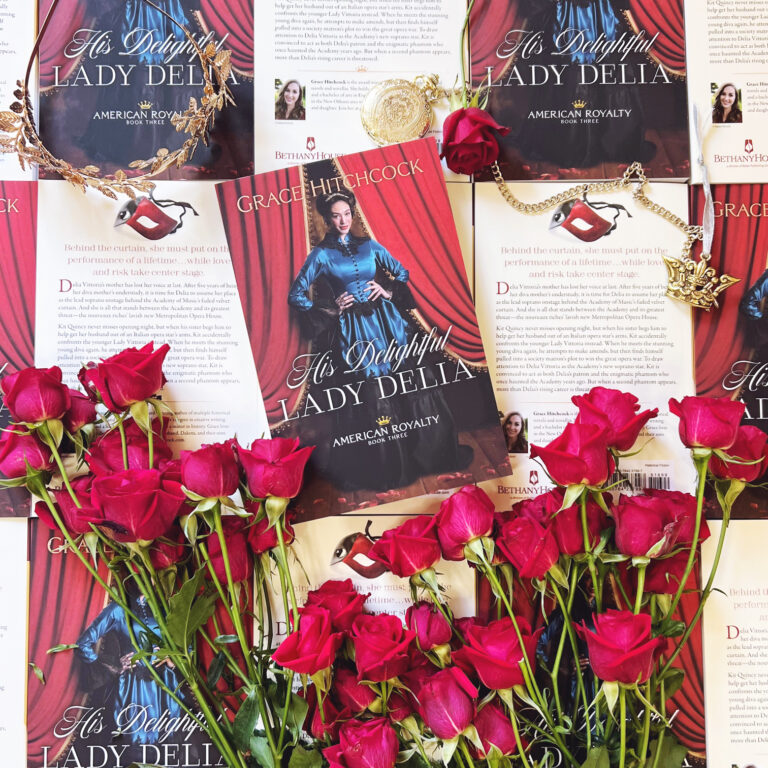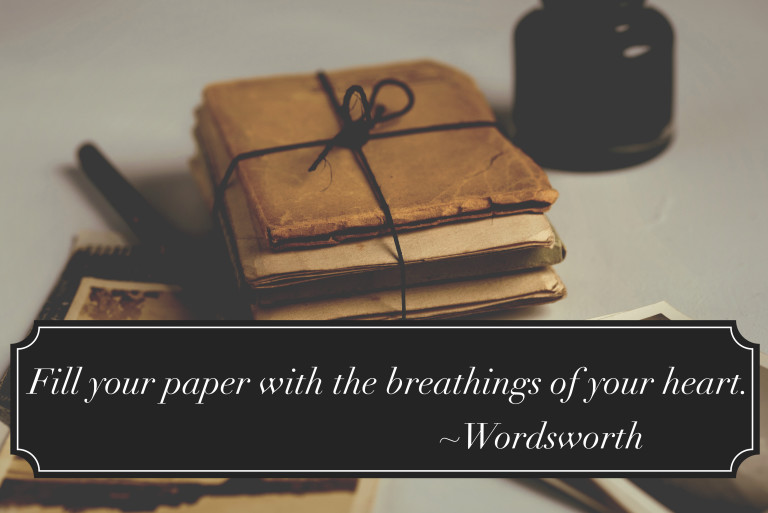The Importance of the First Chapter.
While I was in T. Davis Bunn’s workshop, he spoke on the importance of the first chapter. Here’s my take on his workshop:
The first page of your novel is the open door to your character’s world. You don’t want a slow introduction of explaining every single detail. You want your opening event to take the reader into a story that has already begun. Your reader is simply stepping inside a room with a problem that is hiding in the corner, waiting to pounce on the hero/heroine.
Once you start, you set your pacing for the whole book. It is your promise to the reader that your book starts with a good pace, has a middle with a good pace and an end with a good pace. You can speed up, but you can’t slow down. Sure, you need to let your audience be able to catch their breath, but always have that underlining tension with the character’s inner struggle.
Introduce conflicts that define characters and their relationships throughout the story. This is the tension that you create to keep your pacing where you need it to be. You don’t want your readers to feel tricked after getting passed your first chapter. By showing the reader the internal/external conflict of the main character, you give them a hint of what is to come (but, of course, you don’t want to give them too big of a hint because that would spoil it and nobody likes spoilers) and you make them feel at home in your world because now, they are in on the secret or at least know there is a secret now (and everybody loves a delicious secret).
Make your characters unforgettable by showing their defining trait. This is closely related to the above point. Now that you have shown the conflict, introduce your reader to the character’s internal struggle that has created an aching void in their chest. This is where you need to ask: how does the character respond to the external problem? Make them human and your reader will be able to relate with them. Nobody is perfect and your hero/heroine shouldn’t be either.
Example: As a child, I read a series about a little girl, which turned out to be a great series for girls that I would recommend; however, my only problem with the story was that the heroine was too perfect. At ten-years-old, I knew I was a wild little child and reading about the perfect heroine made me so mad that I had to put the book away for three years until I could accept the fact that the heroine was unrealistically perfect and was able to push passed it enough to enjoy the beautiful stories. It doesn’t matter what the reader’s age is though because having an unrealistically perfect character in a story is hard to get passed whether your hero/heroine is five or twenty-five.
Never assume that you have a captive audience. Not in the beginning, not in the middle and not at the end. If you are bored with writing a scene, chances are your reader will be falling asleep and as the reader nods off, your book falls to the floor, forgotten. BUT, if you are excited about writing each and every scene, it will transfer into your writing and your reader will stay up until 3am to finish it!
What method do you use to captivate your audience?
Happy Writing!
Photo Cred: Unsplash.com








Reblogged this on William Chasterson.